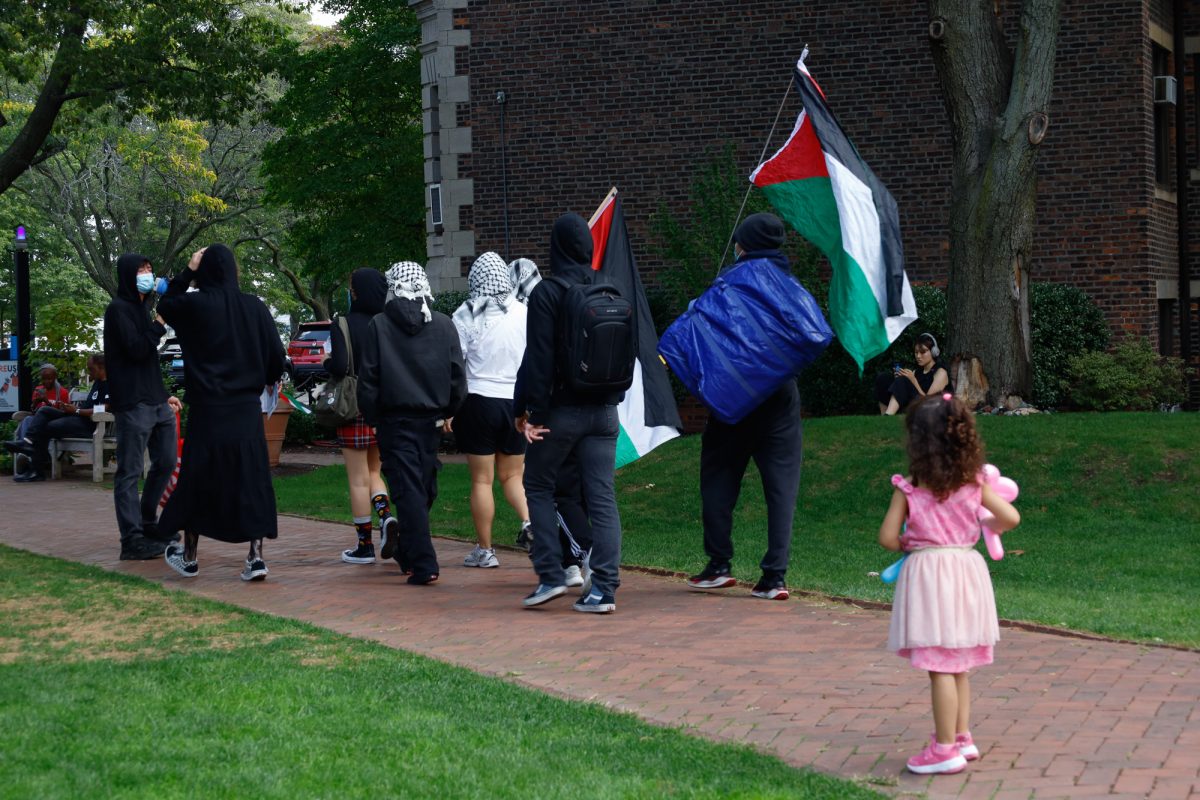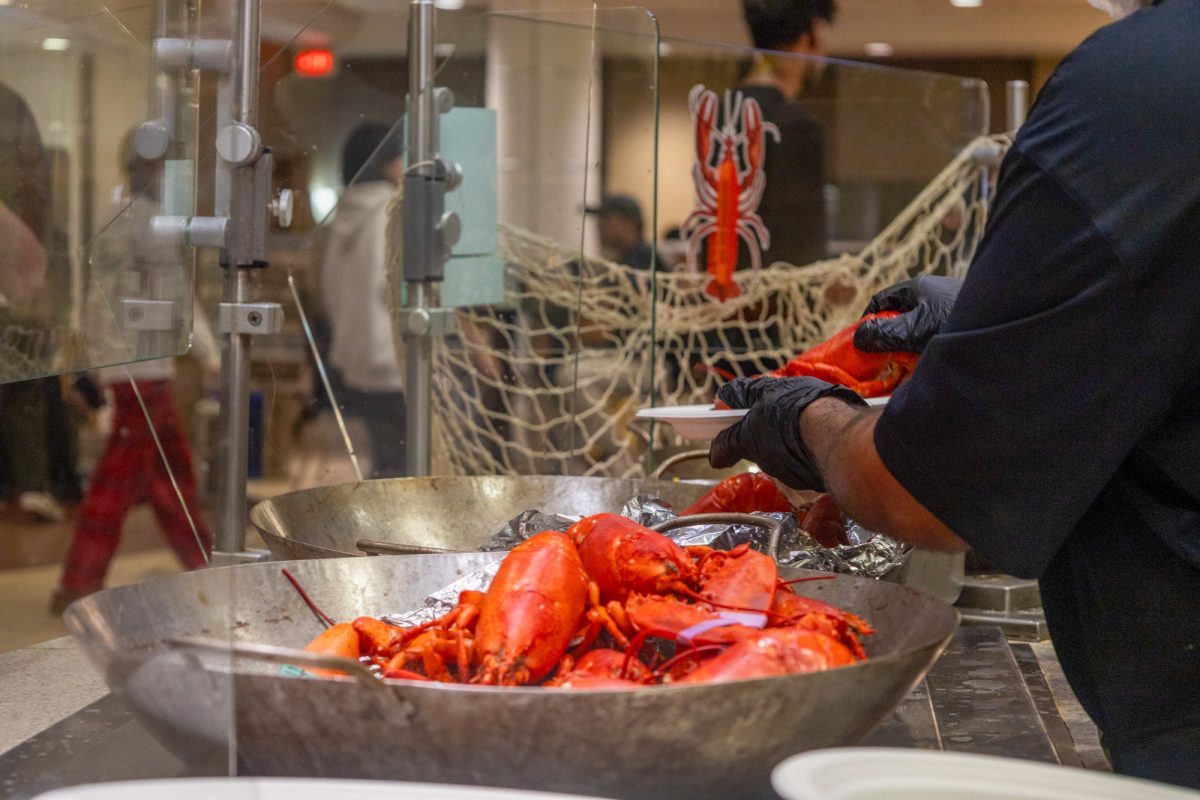
Fight to BU won the 2022 Boston University Student Government Elections with 51.5% of the vote, the Student Election Commission announced Friday.
At-Large parties IMPACT BU, the Unity and Social Quality Initiative, the Community Action Party and the Center for Gender, Sexuality and Activism each received two seats in next year’s Senate.
The results reflect a voter turnout of 25.2% of the student body — 4,050 total votes — a significant increase from previous years.
“The last time we had such a big turnout was in 2019 where we had 26% of students participate, but before that the level of participation was literally below 15%,” said SEC Co-Chair Vanessa Rodriguez, a senior in the College of Arts and Sciences and the Questrom School of Business, at a formal dinner where election winners were announced.
Fight to BU ran on a platform of engagement, empowerment and environment. Plans include a BU community week, a peer mental health support program and institutionalizing BU’s involvement in a textbook exchange program, among others.
“I want to make clear that the real work starts now,” said Dhruv Kapadia, a CAS sophomore and the Fight To BU’s president. “Each and every one of you have trusted us to engage and empower our vibrant student body and we fully intend to act on our promises once we officially take office time and time again.”
At-Large parties are proportionally elected to eight seats of the Senate based on the percentage of votes each party receives.
1,025 students voted for IMPACT BU. It earned 28.9% of the vote, the most of any other party. The slate’s platform focuses on “addressing visibility, building authenticity and creating conversation within the BU community.”
The Unity and Social Quality Initiative earned 944 votes — 26.6% of the total tally. Its platform focused on improving mental health resources, such as the creation of redline.link, a “last stop mental health crisis alternative,” according to one of its Instagram posts.
CAS sophomore Dakota Jackson, who leads the USQ, said he planned to “unify a lot of student organizations” and “take immediate and direct feedback from students.”
CGSA earned the third-most votes, receiving 889 in total. The pillars of its platform was gender equality and inclusivity, queer inclusivity, wellness “that actually feels like wellness,” and political representation for underrepresented students.
The CGSA plans to accomplish its goals through advocating for more gender-neutral restrooms, more town halls and listening sessions hosted by students, and working with Sexual Assault Response and Prevention (SARP) on educating student organizations on how to support survivors.
The Community Action Party, whose flagship proposal is to give each community service organization on campus $500, earned 19.5% of the vote, with 691 students having voted for the party.


















































































































